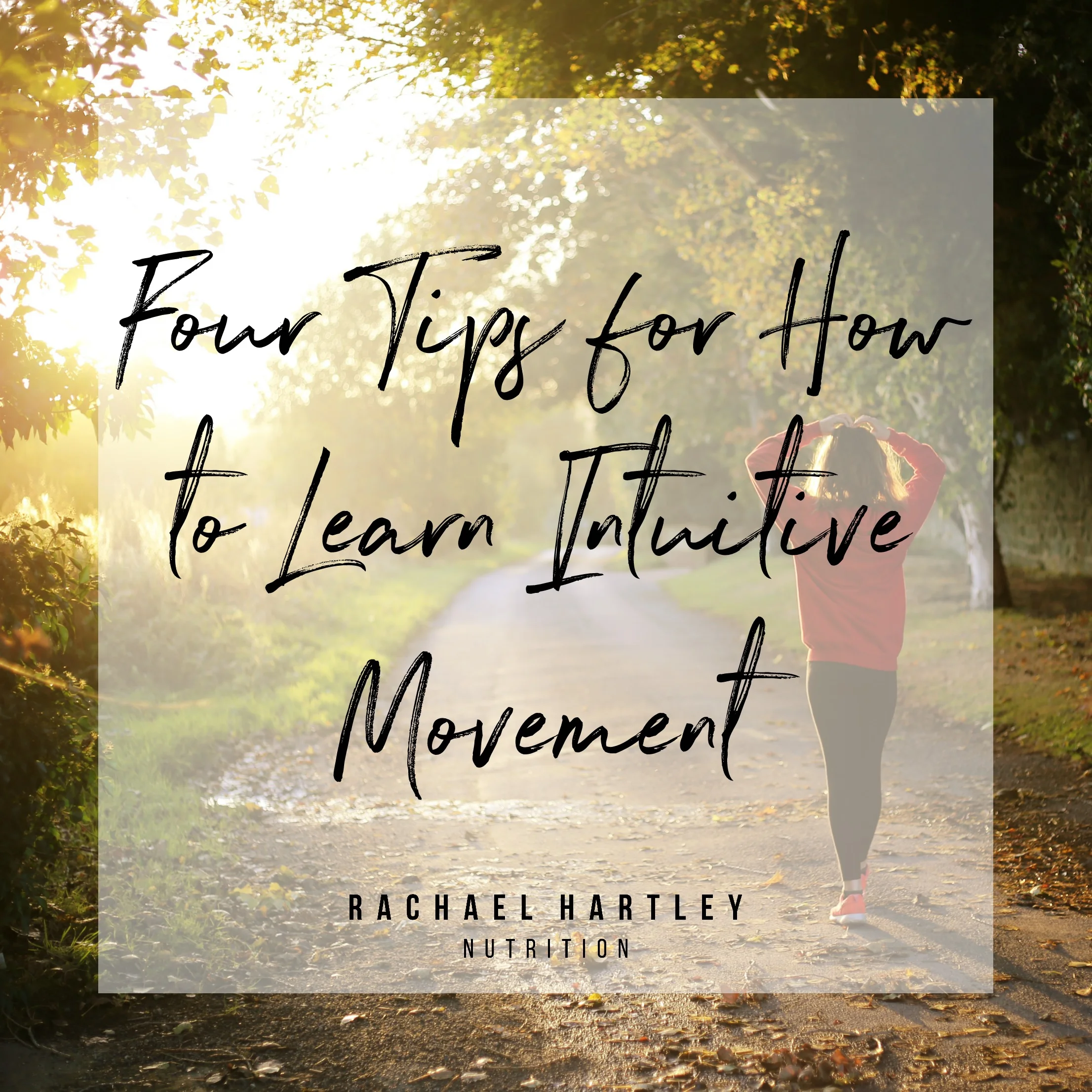Becoming a private practice dietitian was the scariest, yet most rewarding decision I've ever made. Almost 10 years after launching my nutrition private practice, I can look back and see there’s a lot I wish I knew! Today, I'm sharing what to know before starting starting a nutrition private practice for any of you aspiring entrepreneurial dietitians.
Read MoreBMI charts are as ubiquitous to doctors offices as stethoscopes and thermometers, a crude formula that categorizes people into categories based on weight. Most people recognize the BMI scale has problems, but most don’t realize just how bunk BMI actually is. Learn about the problems with BMI, and why we should stop using this metric to measure health.
Read MorePeople decide to go vegetarian or vegan for many reasons, but are they the right ones? While these can be perfectly healthy ways of eating, these dietary patterns can get wrapped up in diet mentality and disordered eating. Read this post to see if you are going vegetarian or vegan for helpful reasons.
Read MoreEating disorders are one of the most misunderstood mental illnesses, and that lack of knowledge prevents many people from getting the care they need and deserve. For Eating Disorder Awareness Week, I’m busting four of the most common eating disorder myths that get in the way of people needing help.
Read MoreThere’s a lot of people who connect with the body positivity movement, but wonder what to do if they’ve been told they have to lose weight for health reasons. If that’s you, read this article for some things to think about in deciding how to care for your body.
Read MoreFor new moms, there’s a ton of pressure to “snap back” to your pre-baby body. However, losing weight while breastfeeding can be dangerous, physically and mentally. This blog post discusses the problems with dieting while breastfeeding.
Read MoreThe exchange system is a common eating disorder meal plan, but it has many flaws and is often over and inappropriately used. This blog post discusses the problems with the exchange system, and shares other tools for meal planning in recovery.
Read MoreBurnt out? You might not have energy to cook or feel like going out to eat, but your body still needs food. This blog post has ideas for what to eat when you’re too tired to cook.
Read MoreAs any parent can tell you, there’s a lot of pressure to do things just “right.” The unrealistic expectations around parenting are perhaps most evident when it comes to feeding your child. This blog post looks at diet culture and feeding babies, and the harm it does to new parents.
Read MoreOne of the benefits of intuitive eating is that it can help you navigate many different seasons of life. This blog post explores intuitive eating during pregnancy, and how it can help you cope with some of the very common joys of pregnancy, including reflux, morning sickness, and iron deficiency.
Read MoreIf you’re feeling unhappy with your body, more than likely you are fixating on the supposed benefits of weight loss. But do you ever stop to think about what you are sacrificing or missing out on by dieting?
Read More“You can’t practice intuitive eating in eating disorder recovery” is a common refrain in treatment. But is that actually true? In this post, I discuss the 10 principles of intuitive eating and how they can be incorporated in eating disorder recovery.
Read MoreBinge eating disorder is perhaps the most stigmatized and misunderstood of eating disorders, thanks to it’s association with higher weights and out of control eating. Read this post on five things to know about binge eating disorder so you can better understand this serious disorder, and it’s treatment.
Read MoreBecause athletes often require a bit more structure than the average human, some people think that intuitive eating for athletes isn’t possible. This blog post busts that myth and shows you how to adapt the principles of intuitive eating for sports nutrition.
Read MoreJust like intuitive eating teaches you to tune into your body to help guide food choices, the practice of intuitive movement teaches you how to tune into your body to help guide physical activity choices. If you’re healing your relationship with movement, read this blog post for more support.
Read MoreJust like there is a point where healthy eating becomes unhealthy, there is a point when exercise becomes unhealthy. Over-exercise, compulsive/obsessive exercise, and exercise bulimia occur when exercise stops being a choice and becomes an obligation. Read this post to learn if you are engaging in unhealthy exercise.
Read MoreEmotional eating may get a bad rep, but food is one way of satisfying emotional hunger. The problem comes when it’s the only coping tool in your arsenal. Read this blog post to get more ideas for how to cope with intense emotions, with or without food.
Read MoreUnderstanding the difference between emotional hunger vs. physical hunger in intuitive eating can be difficult, as there’s quite a bit of overlap between the physical and emotional sensations of each. This blog posts teaches you how to tell the difference, and what to do if you’re really not sure.
Read More


















